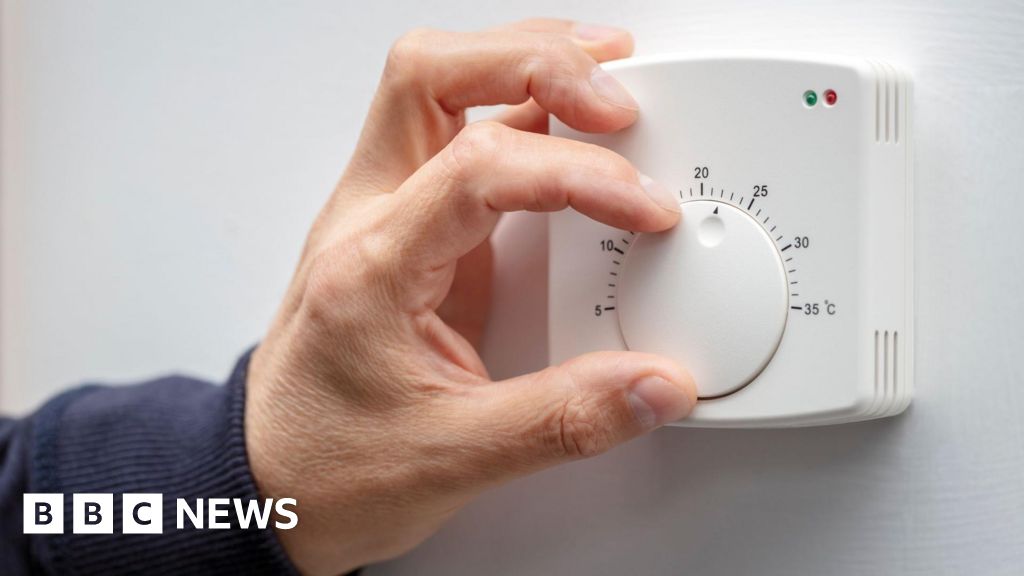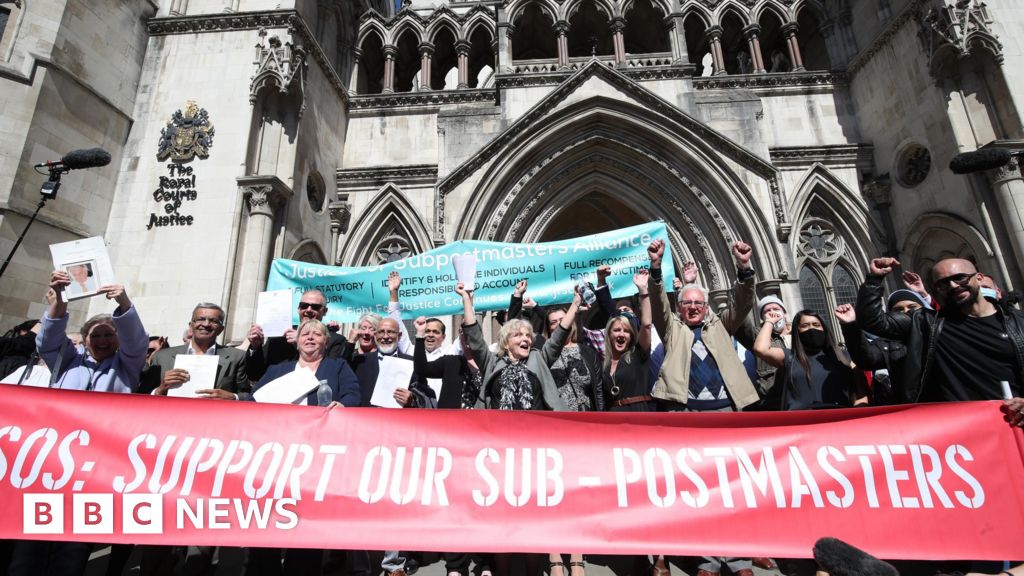ARTICLE AD BOX
By Michael Race
Business reporter, BBC News
 Image source, Getty Images
Image source, Getty Images
In the UK, just 13% of workers go into the office on a Friday, a recent survey found
When Tamara Siddiqui works from home on a Friday she feels ready for the weekend as soon as she's done.
It's no wonder it's the UK's most popular remote working day, with just 13% of staff going into the office, according to a new survey.
Some bosses say they have to offer flexible working to attract and keep workers amid severe staff shortages.
But the shift is hitting city centre businesses hard and Friday after work drinks could be fizzling out.
Colleagues rounding off the week in the pub "used to be the mainstay of British after work culture," said Michael Kill, chief executive of the Night Time Industries Association.
But the post-pandemic move to working from home on Fridays "has been hugely damaging" for bars, restaurants and clubs, he said.
One in seven pubs and restaurants have been lost in the City of London since the pandemic, according to a market recovery monitor from CGA by NielsenIQ and AlixPartners.
"Changing habits have lost businesses billions in revenue, with many having to rethink current business models to accommodate the market," Mr Kill said.
Image source, TamaraSiddiqui
Image caption,Digital PR strategist Tamara Siddiqui works every other Friday from home
For Ms Siddiqui, working remotely some Fridays gives her the "perfect balance". It means she is "ready for the weekend when I finish work, rather than having to commute home".
The 29-year-old works for Manchester-based digital marketing agency Embryo. She works three days and every other Friday from home - a pattern she introduced since the pandemic.
"Often I'll have plans on a Friday evening, which I prefer to agree to if I've been working from home that day - it means I'll have more time and energy and can be 'ready to go' earlier," she said.
Ms Siddiqui added working from home also allowed her to "get things done around the house" before work and on her lunch break. It also saves her money on fuel and parking.
However, she and many of her colleagues do like being in the office every other Friday for after work drinks, she said.
UK staff are now going into offices an average of 1.4 days a week, compared to 3.8 days a week pre-pandemic, research from consultancy Advanced Workplace Associates found.
Although, the Office for National Statistics (ONS) says the majority of people do not work from home.
The shift to home working on Fridays has caused a drop in commuter traffic and passenger numbers of trains, which have reduced since before Covid.
Nicholas Lyes, RAC head of roads policy, said its research suggested drivers were combining "two consecutive days in the office with homeworking either side because it's more convenient for them".
Image source, GarethWaters
The rising cost of living has also prompted some people to opt for working from home to cut back on spending on transport and lunches.
Gareth Waters, co-director of marketing agency Alliance in Newport, Wales, said he offered staff the chance to work from home on Fridays to help them save money.
"Some members of staff were averaging 40 miles a day commuting by car, so allowing them to work from home at least one day per week would have an instant impact for them financially."
Mr Waters said there had been "no detrimental effect on the day-to-day running of the business". He said he was considering a hybrid approach with more days from home.
'You have to trust your workforce'
Brendan Kilpatrick, a senior partner at large architecture firm PRP, introduced a one-day from home policy, in which most workers pick a Friday - including him.
He said following the pandemic businesses had to offer more flexible working as job vacancies far outnumbered workers and there was tough competition from other firms.
He said one thing that "hurts businesses most" was high turnovers of staff.
"We're training them [our staff] on the job, if they leave after two years that's a chronic waste of investment, he said. "We are having to be more flexible in that area of the business."
Mr Kilpatrick said the nature of architecture being a mix of creative design and engineering meant there had to be collaboration in offices to come up with ideas and to reduce the risk of mistakes.
But he added the company had to adapt its policy to be attractive for recruits.
Mr Kilpatrick admitted there had been one or two instances where staff were "MIA [missing in action] so to speak", but he said the company had "not made a big thing about it".
"It seems to be working well for most people. We have not set any monitoring things, it is about trust - you have to trust your workforce."
'Increased productivity'
However, one of the UK's largest retail businesses, Frasers Group, rowed back on its work from home Fridays policy.
Office staff at the company, owned by Mike Ashley, were told they could no longer work remotely in July after a memo said some were "not treating Friday as a working day".
The Chartered Institute of Personnel and Development (CIPD), an association for human resource professionals, said two fifths of firms were planning to to invest more in hybrid working.
Claire McCartney, senior resourcing adviser for the CIPD, said on the whole, employers thought the shift to hybrid working and home working had "increased productivity rather than decreased it".
But she said "ultimately, there's no one-size-fits-all approach", with the "organisational and sector context will decide what best suits different businesses".

 2 years ago
62
2 years ago
62








 English (US) ·
English (US) ·